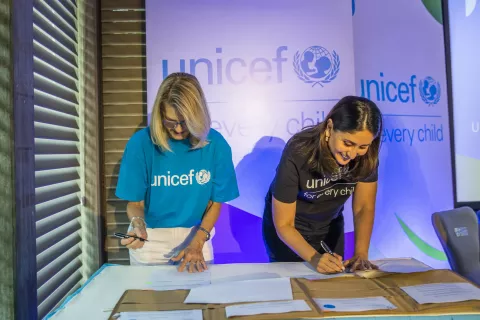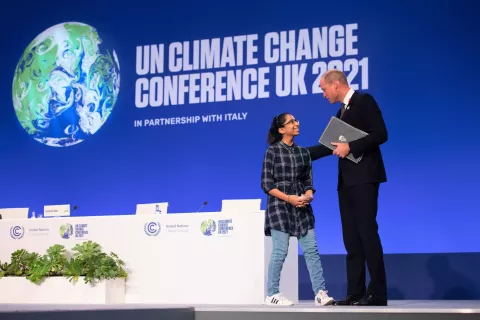Water, Sanitation and Hygiene (WASH) Situational Analysis in Tea Gardens in Assam
Report assesses functionality of WASH facilities in schools, anganwadi centres and healthcare facilities in tea estates of Assam

Highlights
The UNICEF Assam Field Office (AFO) supports 203 Tea Estates in eight districts of Assam under the Ethical Tea Partnership (ETA) programme. The lack of safe and adequate water, sanitation, and hygiene (WASH) services provides significant issues to the tea tribes' communities. The report's key objective is to assess the functionality of WASH facilities in schools, anganwadi centres (AWCs) and healthcare facilities in tea estates of Assam.
The report found that water supply within the labour lines was seen to be reasonably well, given the adherence to the PLA norms, which asked for at least one water point per four permanent worker households. About 76 per cent of the households depend on tube wells/hand pumps while 15% have been catered through by piped water supply from Tea Estates. While there was no complaint as such about the availability of the labour lines, the team noticed stark inequity in supplies to different sectors within TEs.





